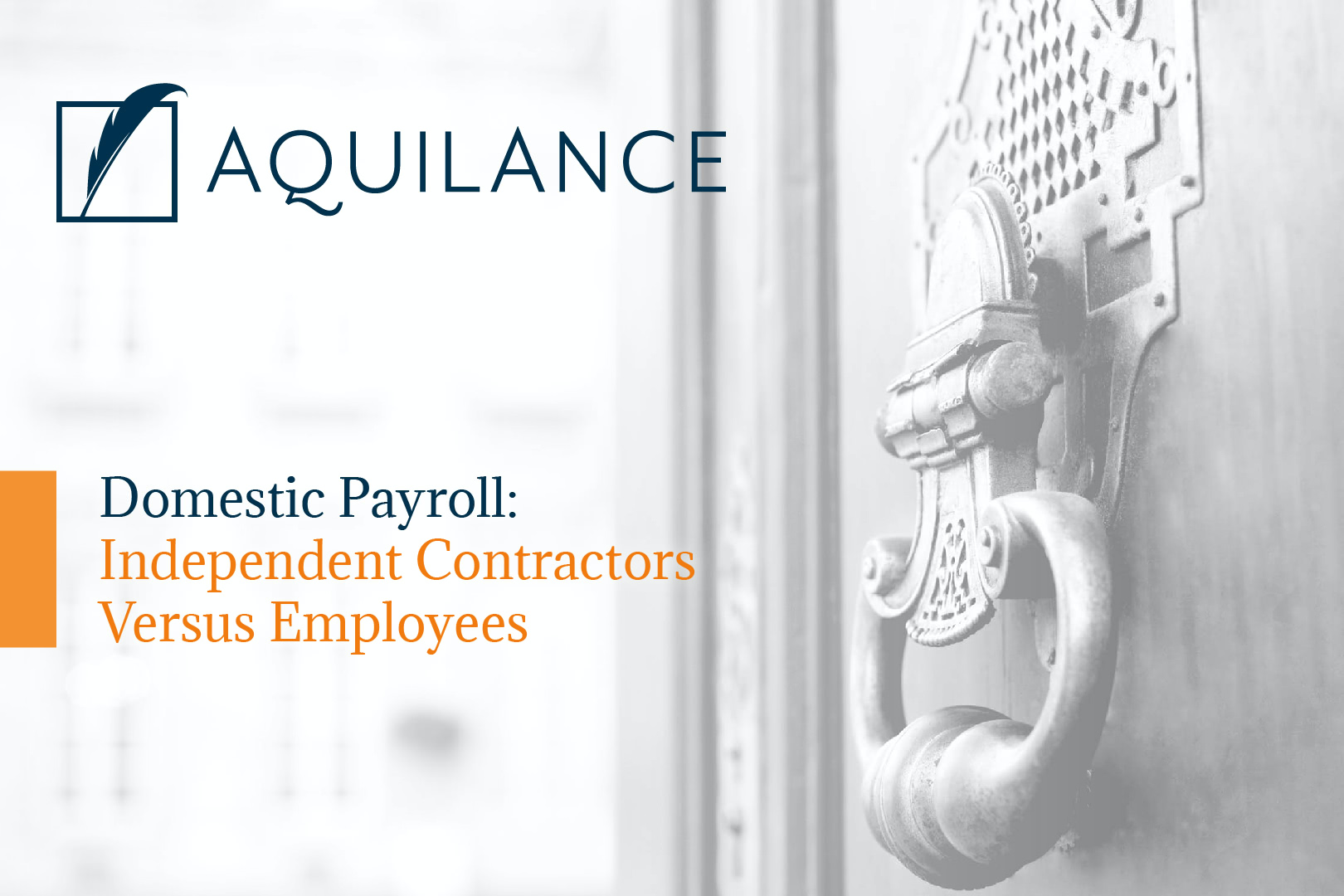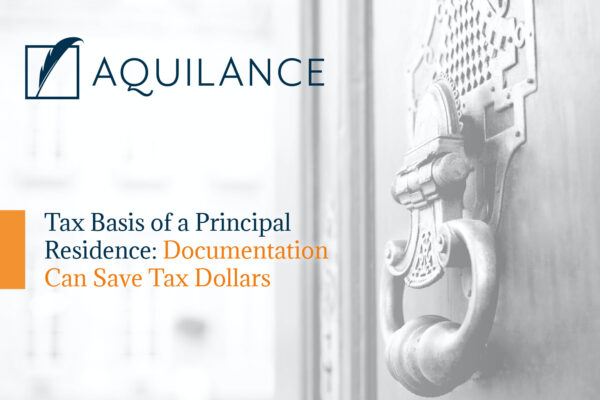Labor departments are more and more frequently questioning the claim that someone regularly doing work in the home of another is an independent contractor, rather than an employee.
There are very few cases where people who work in someone else’s home are not employees. The Internal Revenue Service (IRS) and state tax authorities use a very strictdefinition of independent contractor; and it’s hard for most people to meet thoserequirements. Furthermore, it makes no difference if they are paid by check or cash.
Connecticut, for example, has what they call the “ABC test” to establish the employee/independent contractor relationship. To be an independent contractor:
- He/she must be free from direction and control in connection with the performance of the service; the more control an employer has, the more aptthe worker is to be considered an employee;
- His/her service must be performed either: outside the usual course of business or outside of all the employer’s places of business; and
- The individual must be customarily engaged in an independently established trade, occupation, profession, or business of the same nature as the business performed.
A person must pass all three (3) parts of the ABC test to be treated as anything other than an employee.
While the above example is specific to one state, many other states have similar regulations, as does the IRS, for determining the employer/employee relationship. In short, it is quite difficult for individuals working in someone else’s home on a regular basis to qualify as independent contractors. The general rule used by the IRS is that any household worker who earns more than $1,900 in a calendar year must have Social Security (OASDI) and Medicare taxes withheld, regardless of whether they work on a part time or full-time basis.
There are many potential risks to having someone working in a home who is not being treated as an employee. Several famous cases have made headlines, but more problematic than the negative exposure are potential legal and financial problems (i.e. what happens if they’re injured in the home, or have an automobile accident taking a child to sports practice), costly fines and penalties for not paying taxes and potential lawsuits related to working hours, vacation, leave benefits, etc.
We recognize that many household workers do not want to be treated as employees and insist on being paid in cash. Perhaps they’re not resident in the United States legally, or they think they can make more money by being paid in cash. NB: If they are paying the proper taxes as “independent contractors,” they are probably paying more tax than they would if they were employees. It can also become an issue if they work for an extended period of time, decide to retire, and expect to be eligible for Social Security income. When they’re informed that they don’t have any qualifying earnings, they may seek recourse from the family they worked for or trigger investigations when they inform the IRS that they had been “employed” illegally for many years.
New York is particularly strict regarding domestic employees. It now has a Domestic Workers’ Bill of Rights law which went into effect in November 2010. This law covers hours worked, overtime, time off, etc., and New York City has even stricter regulations. California, Massachusetts, and several other states have, or are considering, similar legislation.
While state and federal governments expect their rules and regulations to be followed, they often don’t make it easy. Non-compliance is not uncommon. The list of forms required is lengthy, the regulations complicated not to mention the regulations differ from state to state and between state and federal standards. For instance, while the payments for federal taxes are due only once a year, most states require quarterly filings and payments. In summary, it’s complicated.
So, while it’s tempting to “classify” domestic employees as independent contractors, and issue them 1099s instead of W2s, it’s most often incorrect and risky to do so. The negligible incremental cost to have payroll managed in compliance with state and federal regulations far outweighs the risk in not doing so. Appropriately managing domestic payroll can protect families from legal and financial problems, minimize a host of other employer risks and exposures while protecting employees from the negative consequences of their willful negligence or an employer’s willful non-compliance.






